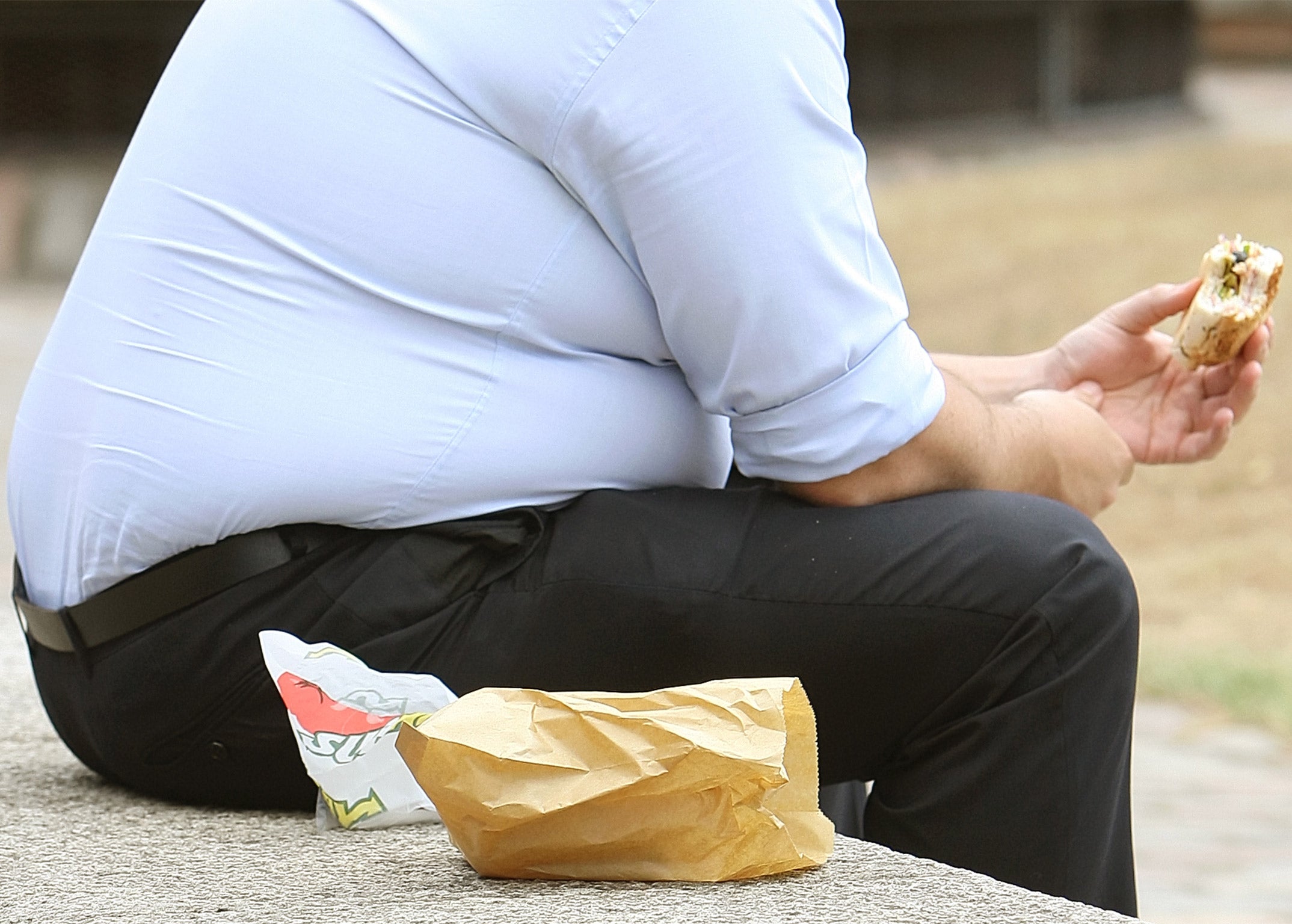Cameron seems to think that solving obesity is about taxing a gaggle of gelatinous serfs
This isn't some sort of lifestyle problem poor people have. They know what's healthy, and the reason they don't buy it is because it remains so incredibly expensive


Childhood obesity is plague on our society. Every year, a fifth of youngsters marching into primary school are classed as overweight. We’ve simply got to do something, they tell us.
That's why, according to a damning new report this week by a group of cross-party MPs, it’s time to bring out the big guns.
We need to implement a 20 per cent tax on all sugary drinks. Supermarkets should no longer be allowed to promote ‘two-for-one’ offers on cakes, and companies should be barred from using cartoon characters or celebrities to sell cereal. Adverts for high-fat foods shouldn’t be aired until after 9pm, marketing posters must be limited and social media advertising needs to be scrapped.
Okay: will this combination of draconian measures prevent a few kids from developing an abusive relationship with Sugar Puffs? Maybe. But it’s going to take a whole lot more than that to change Britain’s buying habits.
Most of our career politicians probably don’t take the time to price-match items before tossing them into trolleys – but the rest of us sure as hell do. Go on, toss a 20 per cent tax onto Coca-Cola. Add 50 per cent onto the price of store-brand ‘orange drink from concentrate’. You know what? They’re still half the price of freshly-squeezed juice.
Stop advertising Doritos, fine. But they’re still going to be three times cheaper than a bunch of luscious red grapes. Feel free to ban McDonald's from advertising, too – but we still know the place is quite literally cheap as chips compared to the sourdough and quinoa ‘clean eating’ outlet down the road.
We’ve got to stop tiptoeing around the truth: healthy living is a luxury few of us will ever be able to afford. For years now, many of us have been completely submerged in some sort of self-indulgent race to become the healthiest family on the block. It’s an aspirational thing. We all want to be like Jamie Oliver and feed our children organic, eco-friendly superfoods.
But with demand for organic produce skyrocketing, the price of fresh vegetables has shot up by almost 200 per cent. Organic juice, chia seeds and avocados simply don’t fit in the budget. So, people fill their trolleys with what they can afford: ready meals and lemonade.
Sure, we could we prevent poor parents from buying sugary snacks if we bullied companies into raising prices – but then kids wouldn’t be eating anything at all. Is that truly the goal of this exercise – to starve fat kids until the government thinks they look pretty? This has got to stop.
MPs love to prance around lambasting poor children and their fatty diets, but not one politician seems interested in wrapping their skulls round why parents might be feeding their kids junk in the first place. This isn’t some sort of lifestyle choice our benevolent government can magic away by educating a gaggle of gelatinous serfs. Poor people aren’t stupid, and they know what is and isn’t good for their bodies.
But eating right costs a whole lot of money – and in this austerity-driven climate of welfare cuts, there are millions of people out there who haven’t got a single penny to spare.
So, go on: ban pizza ads. Charge kids more for a can of Dr Pepper. Take the Honey Monster off cereal boxes. Britain will still have an insurmountable weight problem – and until we start working to eradicate the unachievable costs of healthy eating, that problem will keep getting bigger and bigger each and every day.



Join our commenting forum
Join thought-provoking conversations, follow other Independent readers and see their replies